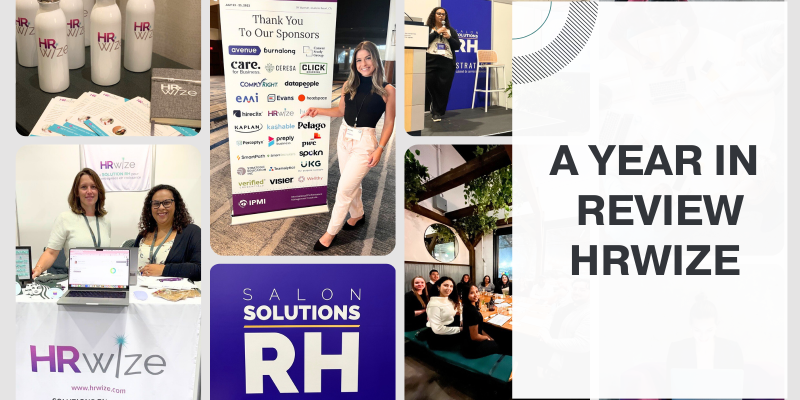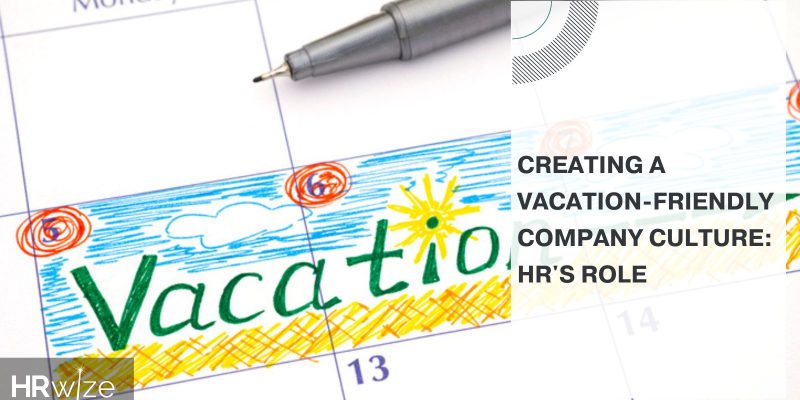The great resignation and how HR professionals can help

We are living in a time of constant transition. Now more than ever, professionals are leaving their jobs, moving to new places, and searching for new companies ready to meet their flexibility demands and other benefits alike.
For HR professionals, it’s a critical moment to detect when the signs of an employee resigning may be present and act accordingly.
While some reasons for resigning go beyond our control, there are different ways HR professionals can help an organization during the great resignation.
Here are 3 ways HR professionals can assist:
HR professionals can create clear channels for communication for employees to reach out about resigning-related issues
With too much misinformation on the great resignation, many employees might be on the verge of quitting their jobs prematurely and hoping for better opportunities elsewhere. HR professionals can combat this by creating clear communication channels in their organizations.
One of the easiest ways to do this is by making an email address available on the company’s intranet or physical bulletin board. This is a good solution since it allows the employee to remain anonymous if they wish yet still provides them with a way to contact HR about their concerns.
Allowing employees space where they feel safe voicing their concerns will help keep morale high at the workplace while reducing the turnover rates in the long run.
HR professionals can encourage managers to solicit feedback from employees
HR professionals can encourage managers to request feedback from employees regularly about what motivates them, how happy they are with their current roles and responsibilities, and what would make the workplace a better place for them to be more productive.
These conversations will help managers realize what might be causing employees to think about leaving, so they can improve conditions before it becomes a problem.
HR professionals can improvise new strategies that attract and retain employees
The fact is that finding and retaining talent has become a burden for most organizations today. As such, HR departments need to act quickly to ensure that they don’t lose out to competitors who might be more attractive to valued employees.
For example, HR professionals can implement work flexibility and remote work opportunities to attract new employees while retaining the existing workforce.
Conclusion
The great resignation is not a pleasant time for anyone involved. HR professionals have had to do some heavy lifting during this volatile process, and the results vary significantly.
However, that’s never an excuse for inaction. If you’re looking to make a difference in your resignation response plans, there are many ways HR professionals can make the process less painful for employees and employers alike.
 A Year in ReviewBy Briana Della Foresta
A Year in ReviewBy Briana Della Foresta Choosing the Right HRIS: A Comprehensive GuideBy Briana Della Foresta
Choosing the Right HRIS: A Comprehensive GuideBy Briana Della Foresta The Impact of Vacation Time on Employee Creativity and InnovationBy Briana Della Foresta
The Impact of Vacation Time on Employee Creativity and InnovationBy Briana Della Foresta The Importance of Employee Vacations for Work-Life Balance By Briana Della Foresta
The Importance of Employee Vacations for Work-Life Balance By Briana Della Foresta Creating a Vacation-Friendly Company CultureBy Briana Della Foresta
Creating a Vacation-Friendly Company CultureBy Briana Della Foresta Strategies for Coping with Working Mom GuiltBy Briana Della Foresta
Strategies for Coping with Working Mom GuiltBy Briana Della Foresta The Importance of Respecting Holy DaysBy Briana Della Foresta
The Importance of Respecting Holy DaysBy Briana Della Foresta What HR Should Know About Candidate Experience?By Briana Della Foresta
What HR Should Know About Candidate Experience?By Briana Della Foresta Do What You Love or Love What You Do?By HRWize
Do What You Love or Love What You Do?By HRWize Diversity Requires MetricsBy Briana Della Foresta
Diversity Requires MetricsBy Briana Della Foresta

